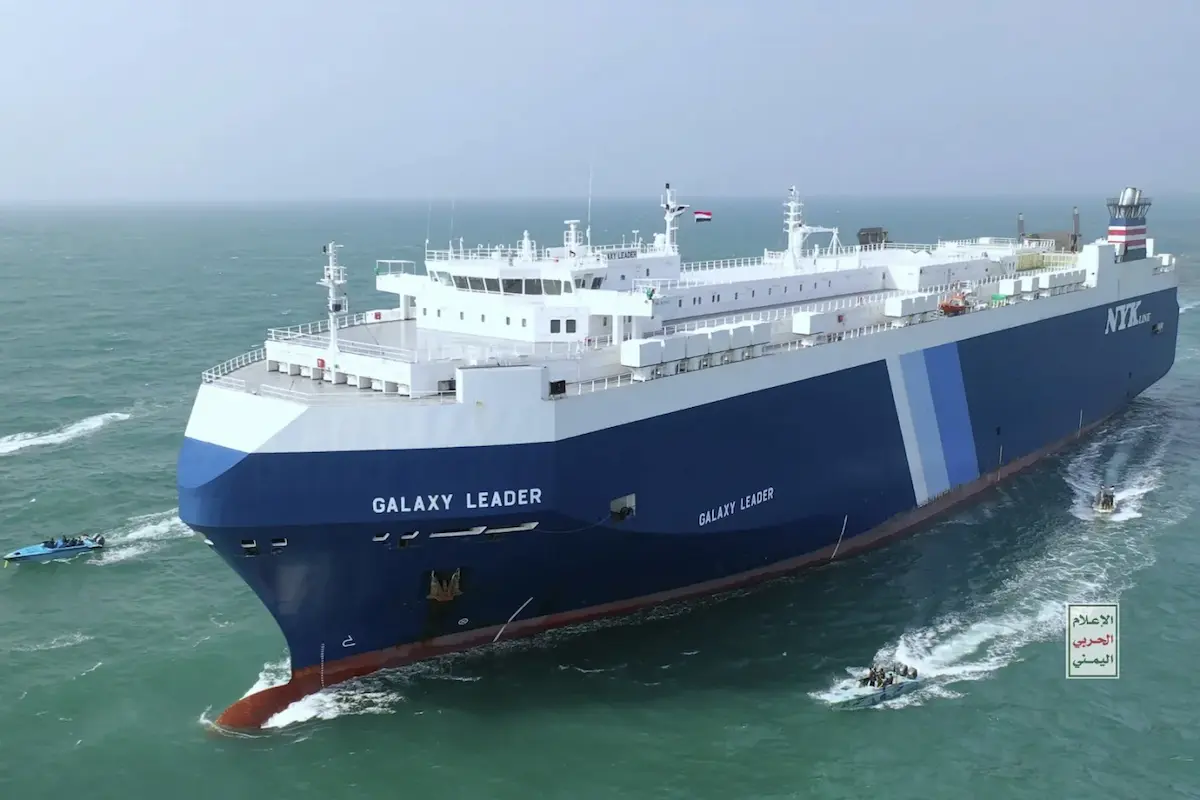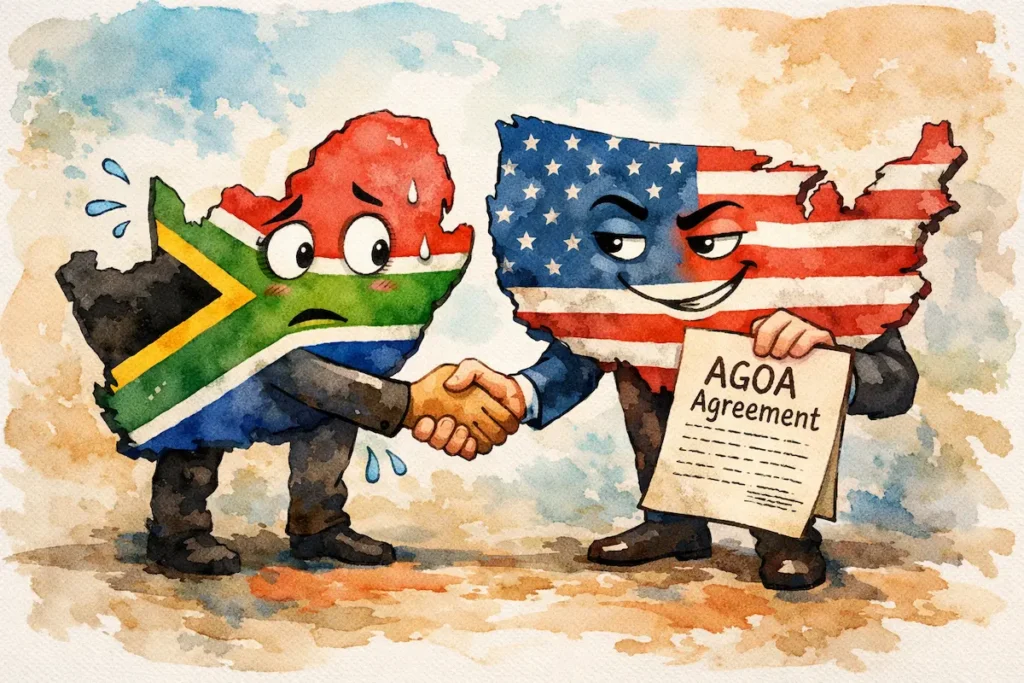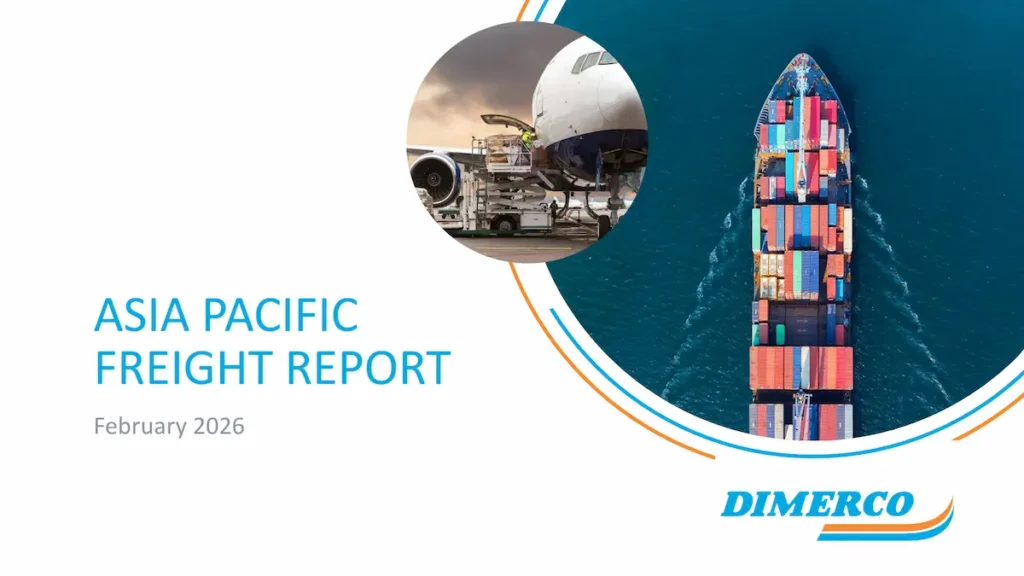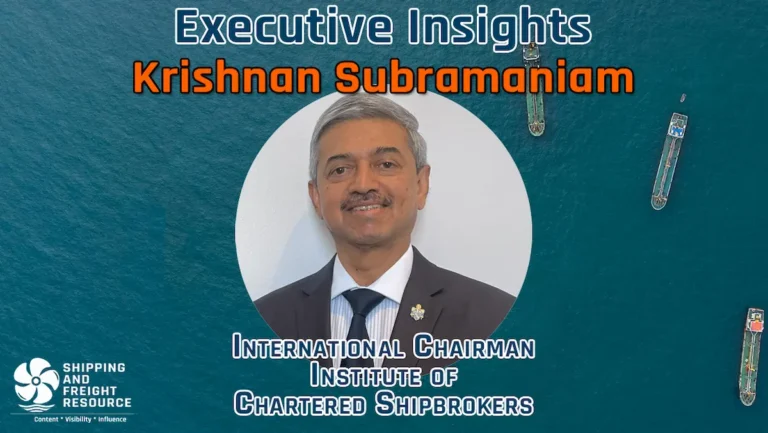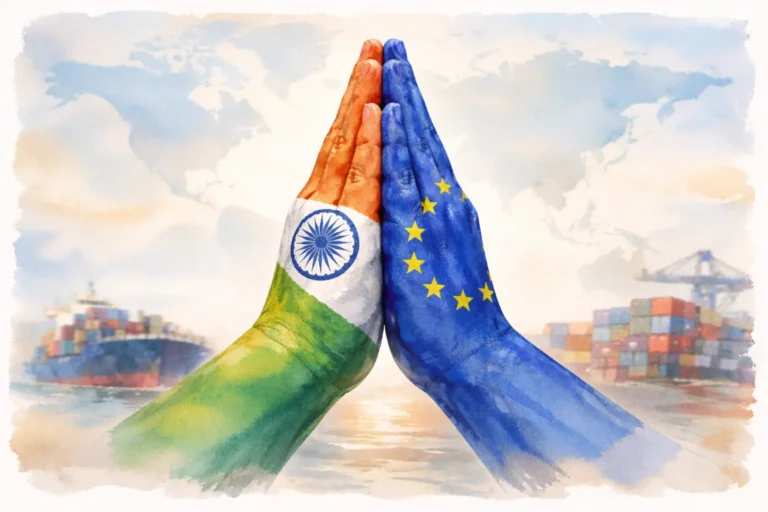On the 19th of November 2023, In a brazen act of maritime aggression that’s sent ripples across the globe, on the 19th of November 2023, Yemen’s Houthi rebels hijacked the Bahamian-flagged car carrier Galaxy Leader.
After a period of 430 days, on January 22, 2025, Yemen’s Houthi rebels released the 25-member crew of the Galaxy Leader ostensibly following a ceasefire agreement between Israel and Hamas, signaling a potential de-escalation in regional maritime tensions.
The Galaxy Leader, a Bahamian-flagged vehicle carrier was en route from Körfez, Turkey, to Pipavav, India, when it was intercepted by Houthi forces near the Yemeni port city of Hodeidah.
The Houthis, employing a helicopter-borne assault, boarded and commandeered the vessel, subsequently detaining its crew of 17 Filipinos, 2 Bulgarians (including the captain and first mate), 3 Ukrainians, 3 Mexicans, and 1 Romanian.
The justification for the seizure given by the Houthis was that seizure was an act of solidarity with Palestinians amid the Israel-Hamas conflict, asserting that the vessel had affiliations with Israeli interests.
It has been reported that the Galaxy Leader was chartered by Japan’s Nippon Yusen and owned by Galaxy Maritime Ltd., a company linked to Israeli businessman Abraham Ungar..
Crew detention and international response
As per reports, during their captivity, the crew faced challenging conditions. Reports from AP News indicates that several members suffered from health issues, including symptoms consistent with malaria.
The International Committee of the Red Cross (ICRC) conducted visits to assess their well-being, coordinating with local authorities to facilitate contact between the detainees and their families.
The international maritime community, including the International Maritime Organization (IMO) and the International Chamber of Shipping (ICS), consistently advocated for the crew’s immediate release.
IMO Secretary-General Arsenio Dominguez emphasized the importance of safeguarding seafarers from geopolitical conflicts, stating, “Innocent seafarers must not become collateral victims in wider geopolitical tensions.”
The statement from IMO read “I welcome the release of the 25-member crew of the Galaxy Leader, who have endured over a year of captivity since they were taken hostage in November 2023 while transiting the Red Sea. This is a moment of profound relief for all of us – not only for the crew and their families, but also to the wider maritime community.
I am grateful for all the Member States, regional entities and international partners whose steadfast support and strategic engagement were pivotal in securing the crew’s freedom, and to ensuring their wellbeing.”
Release of the crew
The crew’s release was facilitated through diplomatic efforts involving the Sultanate of Oman and coordination with the Palestinian militant group Hamas.
Houthi-run al-Masirah TV reported that the decision aligned with directives from Houthi leader Abdulmalik al-Houthi and aimed to support the ceasefire agreement in Gaza.
The freed crew members were transferred to Oman, marking the end of their prolonged detention. This event underscores the complex interplay between regional conflicts and maritime security, highlighting the vulnerabilities faced by commercial vessels operating in politically volatile areas.
Implications for maritime security
The seizure and subsequent release of the Galaxy Leader’s crew have significant implications for maritime operations in the Red Sea and surrounding regions. The Houthis’ actions, including attacks on vessels in the Red Sea, were framed as expressions of solidarity with Palestinians during the Israel-Hamas conflict. Such incidents have disrupted vital shipping routes, prompting international concern over the safety of maritime navigation.
In response to these threats, multinational initiatives like Operation Prosperity Guardian were established to protect shipping lanes and ensure the safe passage of vessels. The operation, led by the United States Navy with participation from allied nations, aims to mitigate risks posed by non-state actors in strategic maritime corridors.
Conclusion
The release of the Galaxy Leader’s crew after more than a year in captivity is a positive development for the individuals involved and their families.
However, it also serves as a stark reminder of the persistent risks faced by seafarers in conflict-prone regions. The incident highlights the necessity for continued international collaboration to uphold maritime security and protect the lives of those who facilitate global trade.
As the maritime industry reflects on this episode, stakeholders must reinforce commitments to safeguarding seafarers from becoming inadvertent casualties of geopolitical disputes.
Ensuring the freedom and safety of navigation remains paramount in preserving the integrity of international maritime operations.

